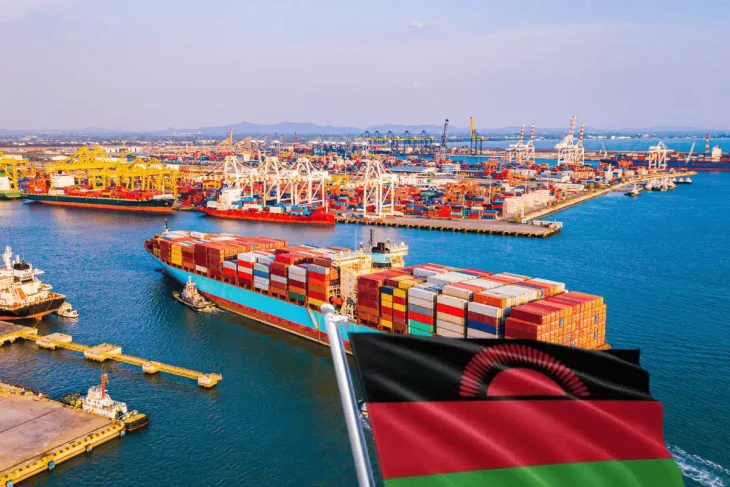
Igniting Growth: Revitalizing Malawi’s Foreign Investment Landscape for Economic Prosperity
Key Business Points
- Malawi’s foreign direct investments (FDIs) remain below the 10-year average, indicating a need for the country to address domestic structural constraints and improve its investment attractiveness.
- The lack of consistent FDI inflows into Malawi is partly due to the limited pipeline of bankable, investment-ready projects in sectors with strong export potential, making it less competitive compared to its peers.
- Infrastructure development and policy reforms are crucial to facilitating investments and improving the business environment, as noted by the Malawi Investment and Trade Centre (MITC) director general, Kruger Phiri, who emphasized the need for more infrastructure to support investments, saying "zinthu zina zikukonzekera kwa ife" (these things are necessary for us).
Malawi’s economy is facing challenges in attracting sustainable capital, with its FDI inflows following a highly volatile trajectory over the past decade. Despite registering moderate gains, the country’s FDI inflows have failed to show consistent momentum, with a peak of $408 million in 2015 and a decline to $55 million in 2019, before partially recovering to $220 million in 2024. This volatility reflects both external shocks and domestic structural constraints, making it essential for the country to address these issues to improve its investment attractiveness.
The Export Development Fund (EDF) analysis on FDI trends reveals that Malawi is not fully participating in the modest recovery seen in the rest of the region, with only a three percent increase in FDI inflows from 2023 to 2024. This suggests that the country’s fundamentals remain less attractive to investors compared to its peers, even within the vulnerable economy group. The EDF notes that the limited pipeline of bankable, investment-ready projects in sectors with strong export potential is a significant constraint, making it challenging for Malawi to attract sustainable capital.
Global trends also indicate that Malawi is facing stiff competition from its neighbors in attracting FDI. According to data from the United Nations Conference on Trade and Development (Unctad), neighboring countries such as Mozambique, South Africa, Tanzania, Zambia, and Zimbabwe attracted significantly more FDI than Malawi in 2024. This highlights the need for Malawi to improve its business environment and investment attractiveness to compete effectively with its peers.
The Malawi Investment and Trade Centre (MITC) director general, Kruger Phiri, notes that despite progress following some policy reforms, there is still limited infrastructure to facilitate investments. He also emphasizes that the low gross domestic product per capita is a setback, as it puts off some investors. The World Bank’s recent Country Private Sector Diagnostic Report also highlights that Malawi has one of the lowest investment rates in the region, partly due to exogenous factors such as its landlocked status, small population, and minimal purchasing power.
Overall, Malawi’s business community needs to focus on addressing the domestic structural constraints and improving the investment attractiveness of the country. This requires a concerted effort to develop infrastructure, implement policy reforms, and create a pipeline of bankable, investment-ready projects in sectors with strong export potential. By doing so, Malawi can improve its competitiveness and attract more sustainable capital to drive economic growth and development, ultimately contributing to the country’s "tsogolo lathu" (our future).
What are your thoughts on this business development? Share your insights and remember to follow us on Facebook and Twitter for the latest Malawi business news and opportunities. Visit us daily for comprehensive coverage of Malawi’s business landscape.
- Malawi’s Tourism Boom: A K1 Trillion Opportunity for Business Growth! - March 4, 2026
- Bad Loans Fall: Positive Shift Signals Economic Recovery - March 3, 2026
- Bank Levy Deductions Spark Public Outcry and Economic Debate in Malawi - March 3, 2026
